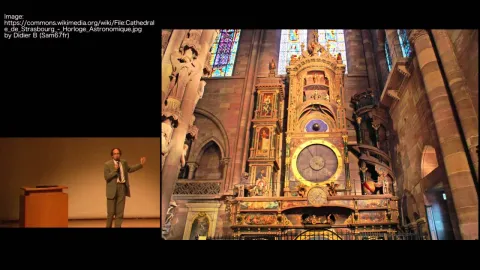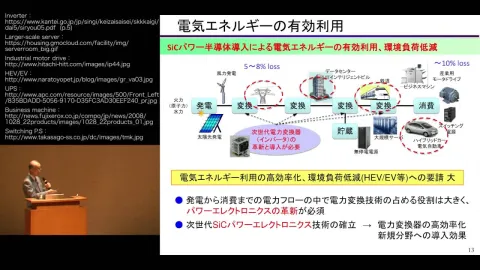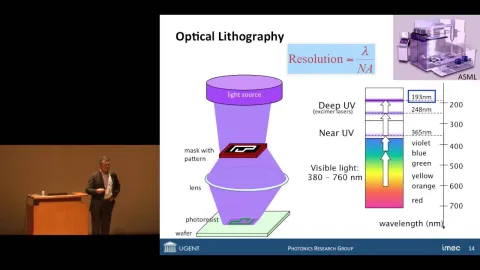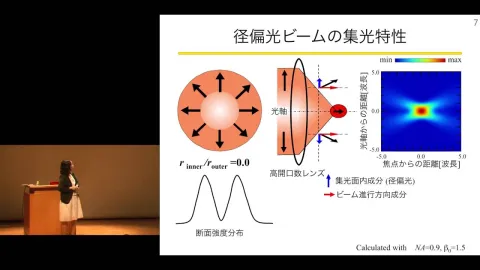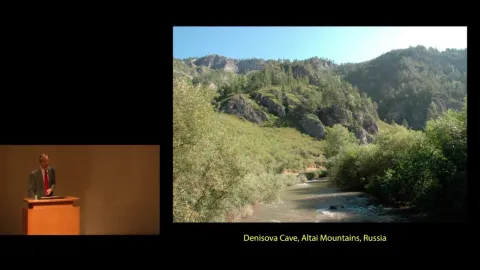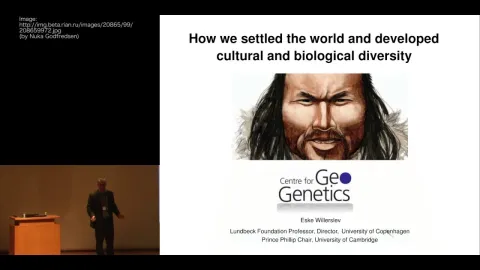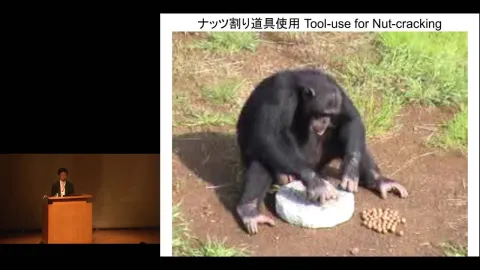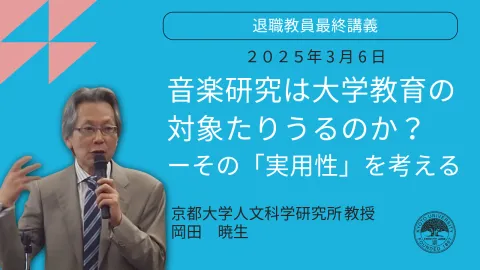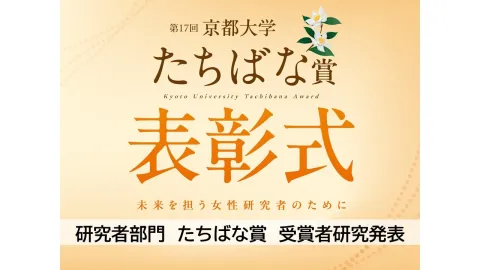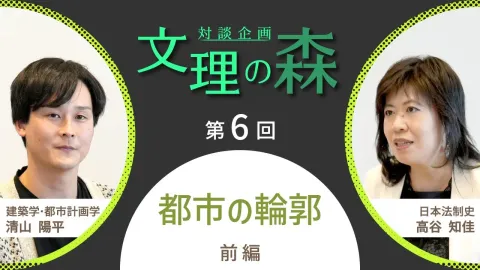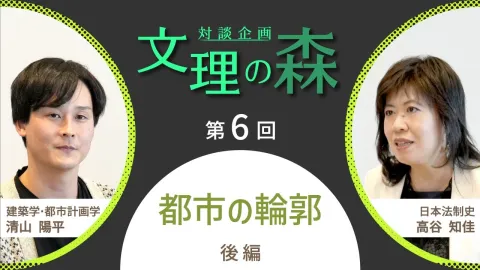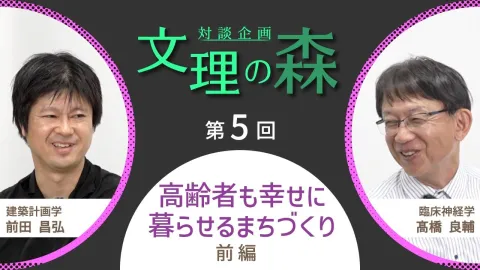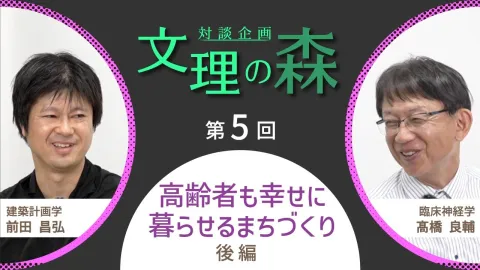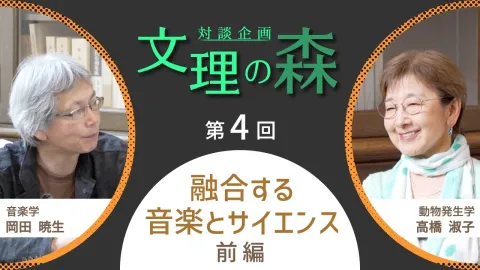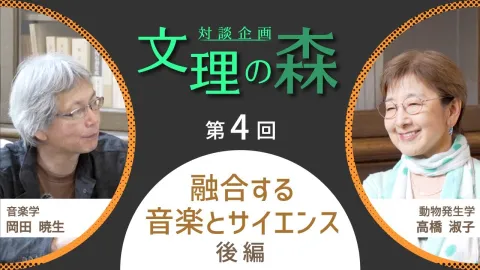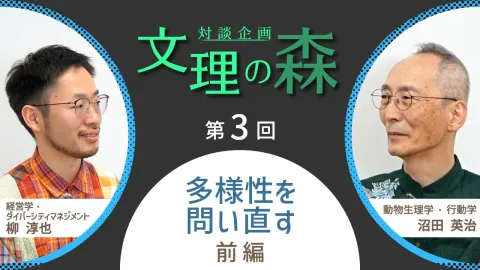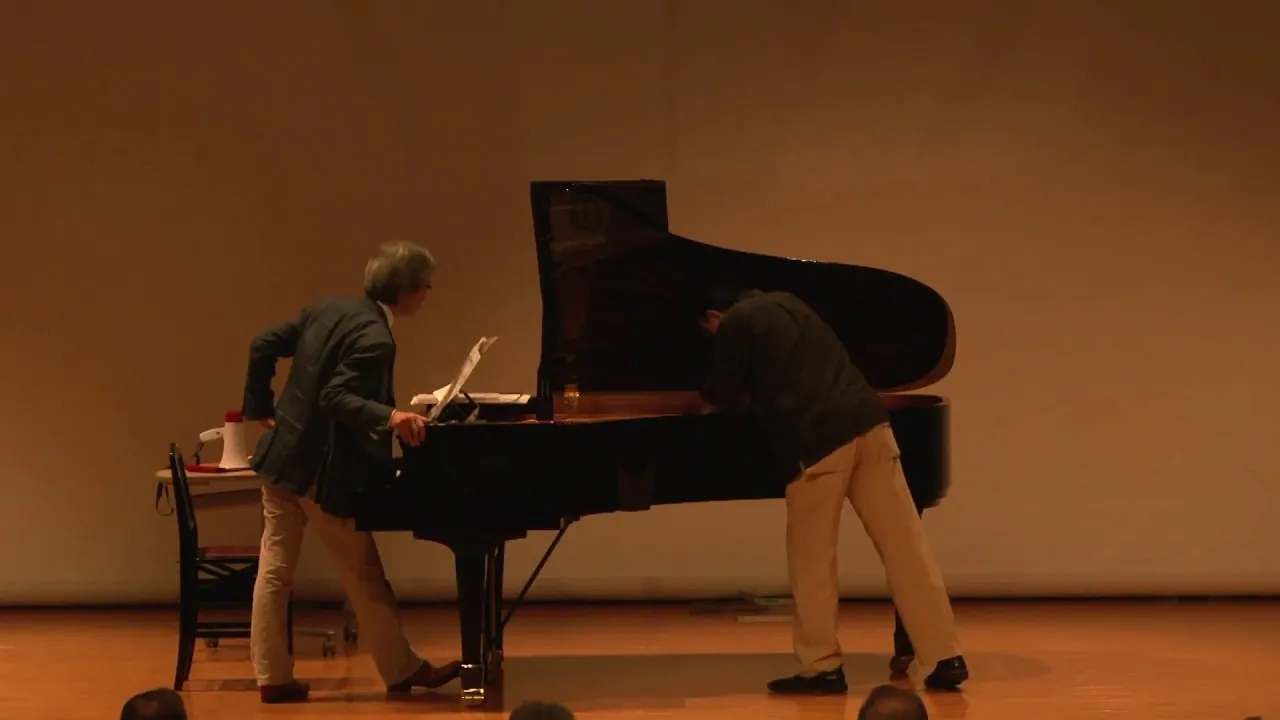
July 11-12, 2015
2nd Kyoto University-Inamori Foundation Joint Kyoto Prize Symposium
http://kuip.hq.kyoto-u.ac.jp/en/archives/2015/about/
[Music]
Toshio Nakagawa
Vice -President, Japan Society for Contemporary Music
Executive Director, The Japan Federation of Composers Inc.
Lecturer, Ochanomizu University
Composer
Pianist
Title of Presentation
“The Forest of 20th Century Music: Travelling through It with the Piano (covering music of Kyoto Prize winning composers)”
This 30-minute thrilling lecture takes the form of a mini recital with MC that invites the audience to “a travel through the forest (or ocean) of 20th century music” where some of the former Kyoto Prize winning composers will serve as the “guideposts.”
Composers to be covered in the recital are:
・John Cage (the 5th Kyoto Prize winner)
Solo, the solo version of Concert for Piano and Orchestra, and one piece
from Music for Piano, a series of 84 compositions.
・Olivier Messiaen (the 1st Kyoto Prize winner)
One piece from Catalogue d'oiseaux or from Préludes
・Jo Kondo
Either Ritornello or Metaphonesis
・Toshio Nakagawa
The world premiere of a new work
(the one possibly including almost all the elements of 20th century music)
As indicated above, the program has only been given a rough outline and is subject to change depending on my or others' ideas, which is in line with Cage’s concept of aleatoric music (it can suddenly change even on the day of the performance). In this recital, I would like to show my perspectives on the 20th and 21st century music as a “composer” through my performance as a “pianist.”
The composers who have been so far awarded the Kyoto Prize lived during the so-called golden era of 20th century avant-garde music (mainly in the 1950s and 60s). However, today in the 21st century, the concept of avant-garde is no longer self-evident. Does it sound exaggerating if I say that avant-garde music has become the past in itself? I define this mini recital as an opportunity for us to think about “the present moment” of music while at the same time looking back on the avant-garde music of the previous century in the abovementioned context by taking a historical distance perhaps with some sense of irony.
While I am preparing for this symposium, some unanswerable questions are crossing my mind: “If I compose a melody which everyone can enjoy in a normal way, is it no longer avant-garde?”; “Do such melodies exist that are abnormal but at the same time people can enjoy ordinarily?”; “Shouldn’t a composer express truly “necessary” sounds even if he dislikes them instead of composing only with sounds he is fond of? Aren’t the favorite sounds of a person simply those chosen by him within limited possibilities based on his value judgment attributable to the narrow range of his past experience?
You can find the other lectures on Kyoto University OCW:
https://ocw.kyoto-u.ac.jp/en/opencourse-en/134/video
この動画は、クリエイティブ・コモンズ・ライセンス“Attribution-NonCommercial-ShareAlike (CC BY-NC-SA)”が付与されています。 私的学習のほか非営利かつ教育的な目的において、適切なクレジット表記をおこなうことで、共有、転載、改変などの二次利用がおこなえます。 コンテンツを改変し新たに教材などを作成・公開する場合は、同じライセンスを継承する必要があります。 詳細は、クリエイティブ・コモンズのウェブサイトをご参照ください。
- 分野
- タグ


